
Ensuring Hope and Health through Early Diagnosis and Care.
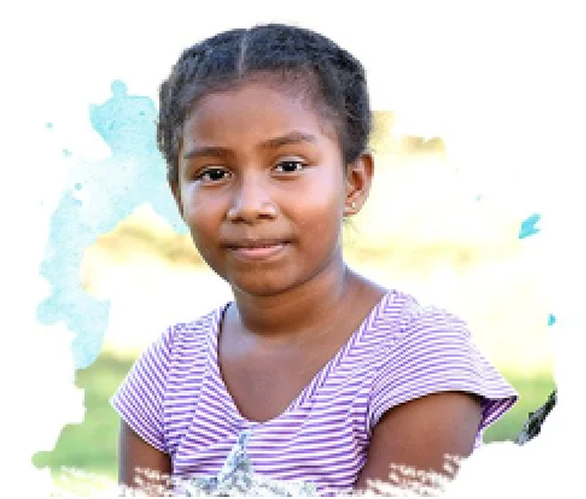

Our mission is to provide critical support to children diagnosed with Hyperinsulinism. Through dedicated care, advocacy, and education, we aim to improve their quality of life and ensure they receive the treatment they deserve.
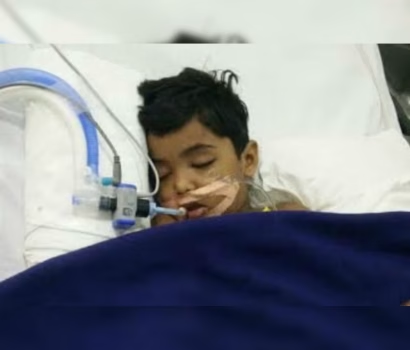
We are committed to empowering families by offering resources and support for those battling Hyperinsulinism. By raising awareness and advocating for medical advancements, we strive to provide hope and strength to those who need it most.
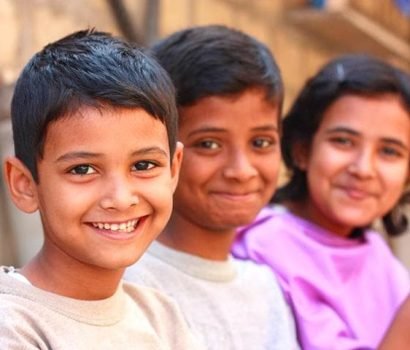
Our mission is to create a future where children no longer suffer from Hyperinsulinism. Through research, education, and community support, we are determined to make a meaningful impact in the lives of affected children and their families.

As a parent, navigating congenital hyperinsulinism was terrifying. This organization gave us knowledge, support, and most importantly—hope. Thank you for standing by our side.
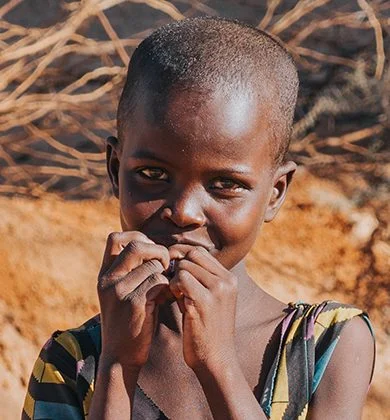
CHIA has been working on awareness programs, organised webinars, educational sessions and clinical activities.
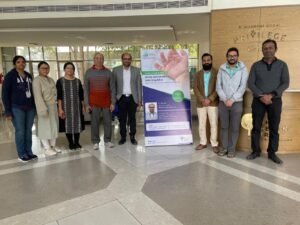
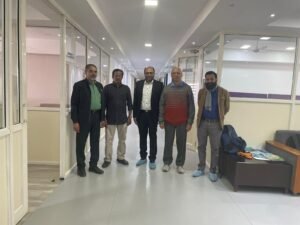
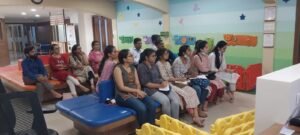
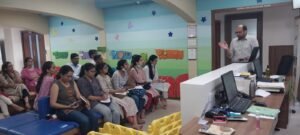
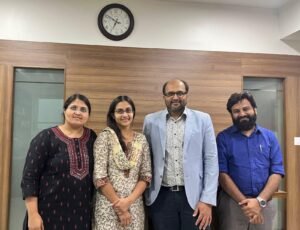
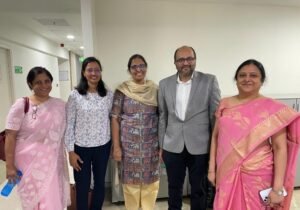
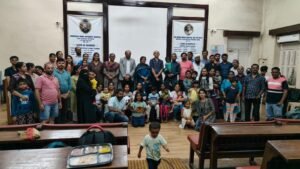
Have questions about CHI? You're not alone. Here are answers to the most common ones asked by families and newly diagnosed patients.
Congenital Hyperinsulinism (CHI) is caused by genetic mutations that lead the pancreas to produce too much insulin. The most common gene mutations are in ABCC8 and KCNJ11, which affect how insulin is released. These mutations can be inherited from one or both parents.
While there is no universal cure, CHI can often be effectively managed through medications, dietary strategies, and in some cases, surgery. Some children outgrow the condition as they age, while others require long-term care.
es, if left untreated, CHI can lead to dangerously low blood sugar levels, resulting in seizures, brain damage, or even death. However, with early diagnosis and proper treatment, children with CHI can live healthy, fulfilling lives.
Treatment depends on the severity and type of CHI. It may include:
With appropriate care, most children with CHI can attend school, play, and grow normally. Some may require long-term management, but many lead active, healthy lives.
If CHI is inherited in an autosomal recessive pattern, each sibling has a 25% chance of having the condition. Genetic counseling and testing can help determine the risk for future pregnancies.